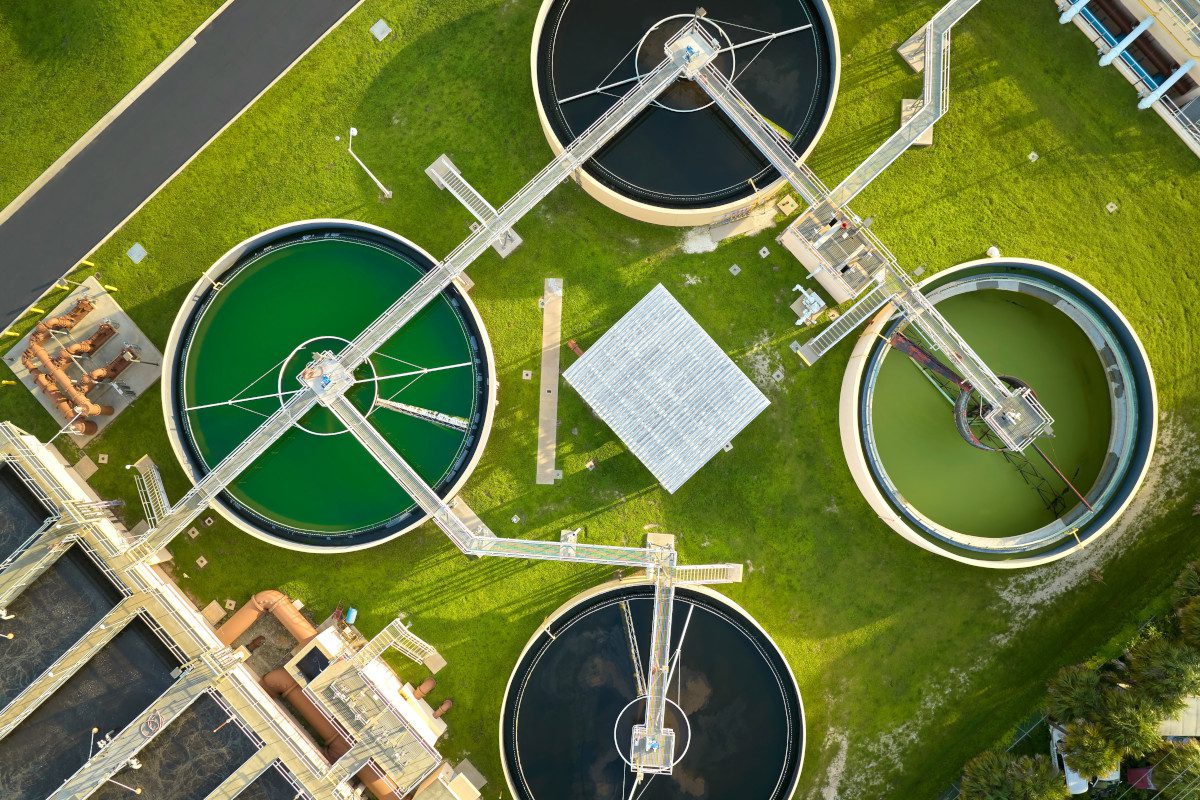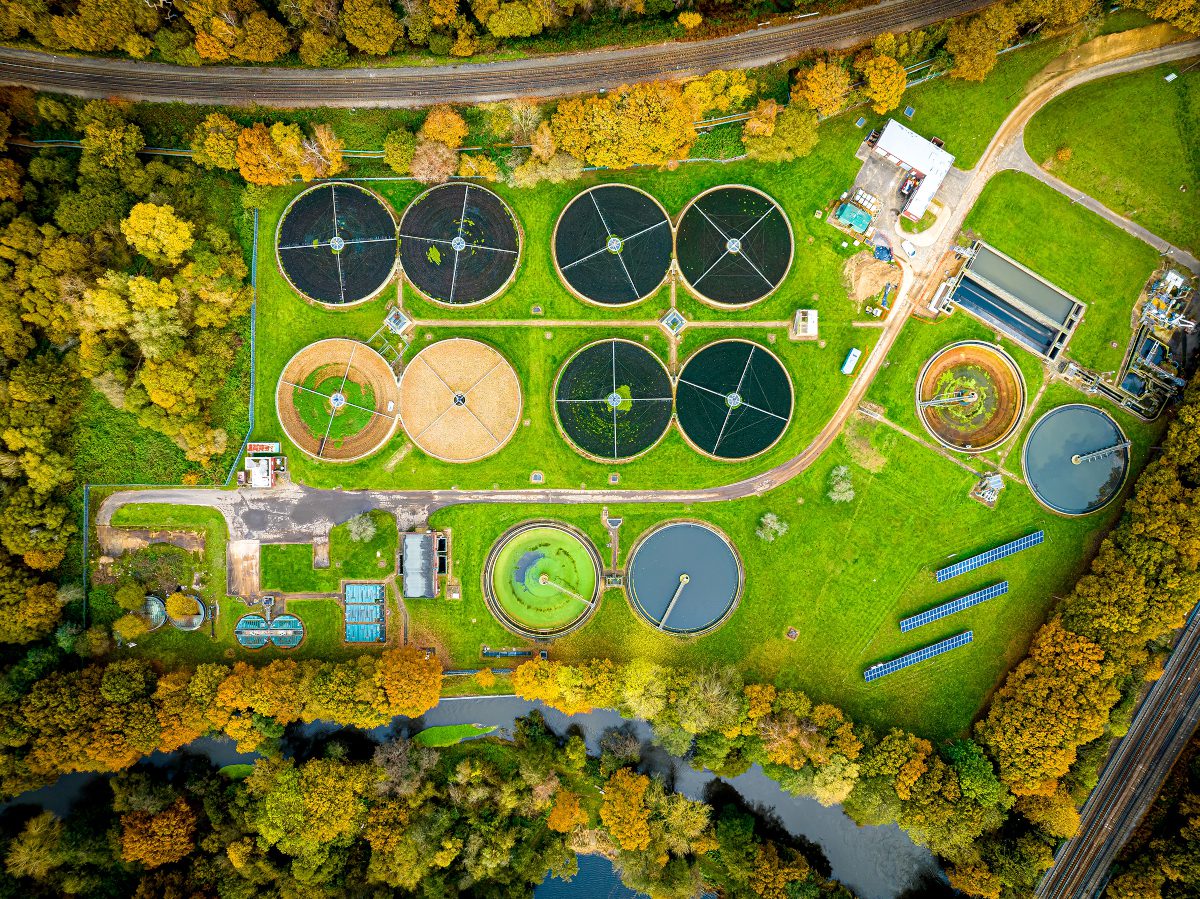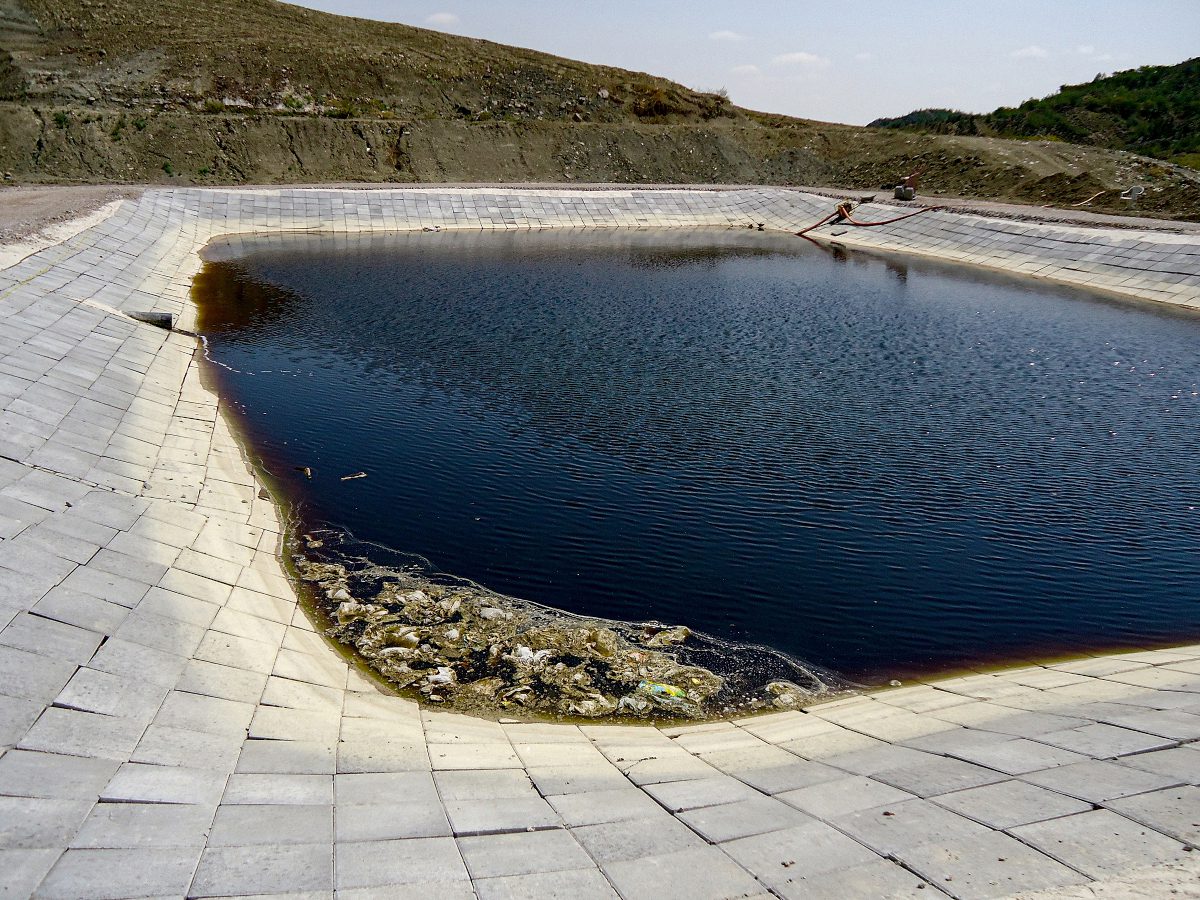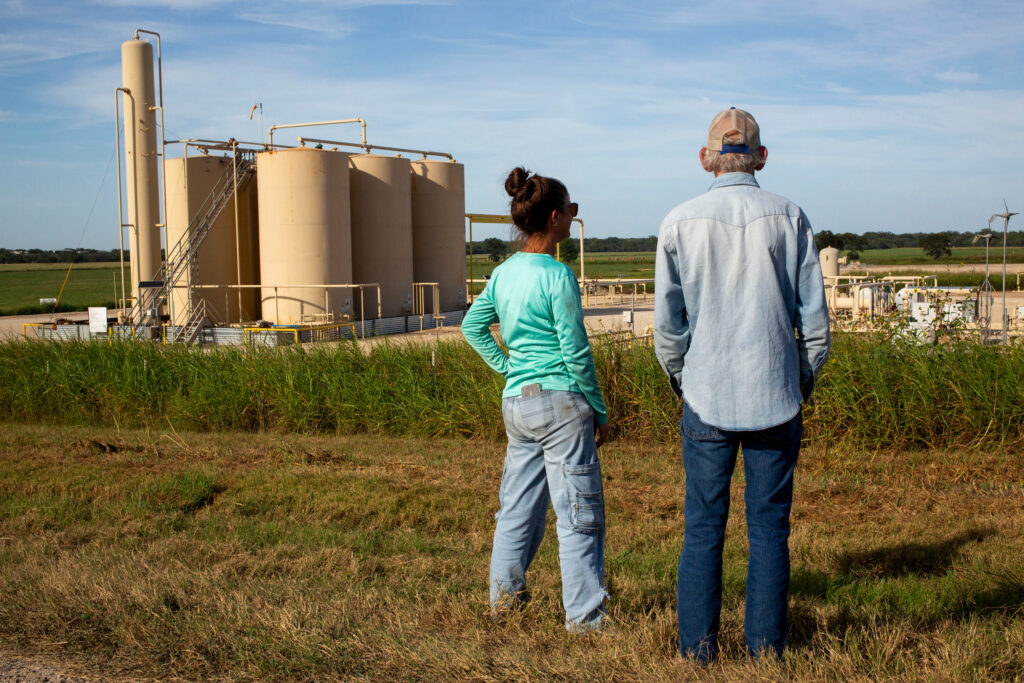
The issue of PFAS contamination of drinking water sources has been under the media spotlight in recent weeks, scrutiny that is likely to increase in 2024, writes Beatrice Martin
UK water companies have an exceptional track record on water quality compliance. However, the risks associated with PFAS – per-and polyfluoroalkyl substances – in drinking water sources present emerging concern and new challenges around public confidence, and monitoring and treatment, that require additional resources and investment.
PFAS are a group of thousands of synthesised chemicals used in the manufacture of products such as stain and water-resistant fabrics, non-stick cookware, fast food packaging, cleaning products and fire-fighting foams. Once in the environment, PFAS are extremely persistent.
Water companies’ draft PR24 submissions for 2025-30 have set out plans to reduce PFAS, while investing in research and development to improve understanding of emerging contaminants and inform long-term planning. Public communication is also set to play an essential role for the water sector in the year ahead, due to the changing and increasing awareness of the sensitivities around PFAS contamination of drinking water sources along with many other issues.
Mainstream media focus has been on concerns around safe levels of PFAS – an example of coverage being the Royal Society of Chemistry asking the UK government to reduce the cap on PFAS concentration levels that require immediate water treatment. A topic less readily highlighted is the treatment technologies available for PFAS removal.
It is already possible to remove most PFAS and other contaminants in drinking water, environmental waters and industrial wastewater, with water technology providers on the frontline in helping utilities manage the issue. Widely available solutions that can be incorporated into existing drinking water facilities include granular activated carbon, ion exchange resin, nano-filtration membranes and reverse osmosis membranes.
In the USA, Xylem has partnered with numerous municipal and industrial customers to provide more than 80 PFAS mitigation installations – deploying technology that is applicable in the UK.
Given its increasing importance, Xylem is also scaling its partnership efforts towards the rapid development and deployment of technologies to detect and destroy PFAS by partnering with leading universities and startups through its Xylem Innovation Labs global innovation programme. It is important the public understands the actions the sector is taking to provide them with safe drinking water and that effective, proven technology already exists to address new challenges, such as PFAS.
Resource planning
The year ahead is also set to see increased communications about water resource planning – water recycling in particular – as companies deploy new technology to address predicted supply shortfalls.
Draft water resources management plans (WRM24) contain proposals for 11 new water recycling schemes in catchments expected to be the worst affected by water scarcity. Recycling – or indirect reuse – sees final effluent reclaimed and given advanced treatment at a water recycling plant before being discharged to a river, reservoir or aquifer, to be abstracted and further treated at a water treatment works.
While water reuse is new to the UK, systems have been operating successfully for at least a decade in Australia and Singapore, and parts of Africa and North America. Xylem has supported many of these projects and most process technology that can be used to convert wastewater into reusable water is in the company’s solutions portfolio.
Most water professionals understand the urgency of funding and delivering reuse projects, but the public still may not. Promotion of the value of water and early, effective communications to assure customers that water recycling provides a safe source of drinking water will be essential to move projects forward.
















